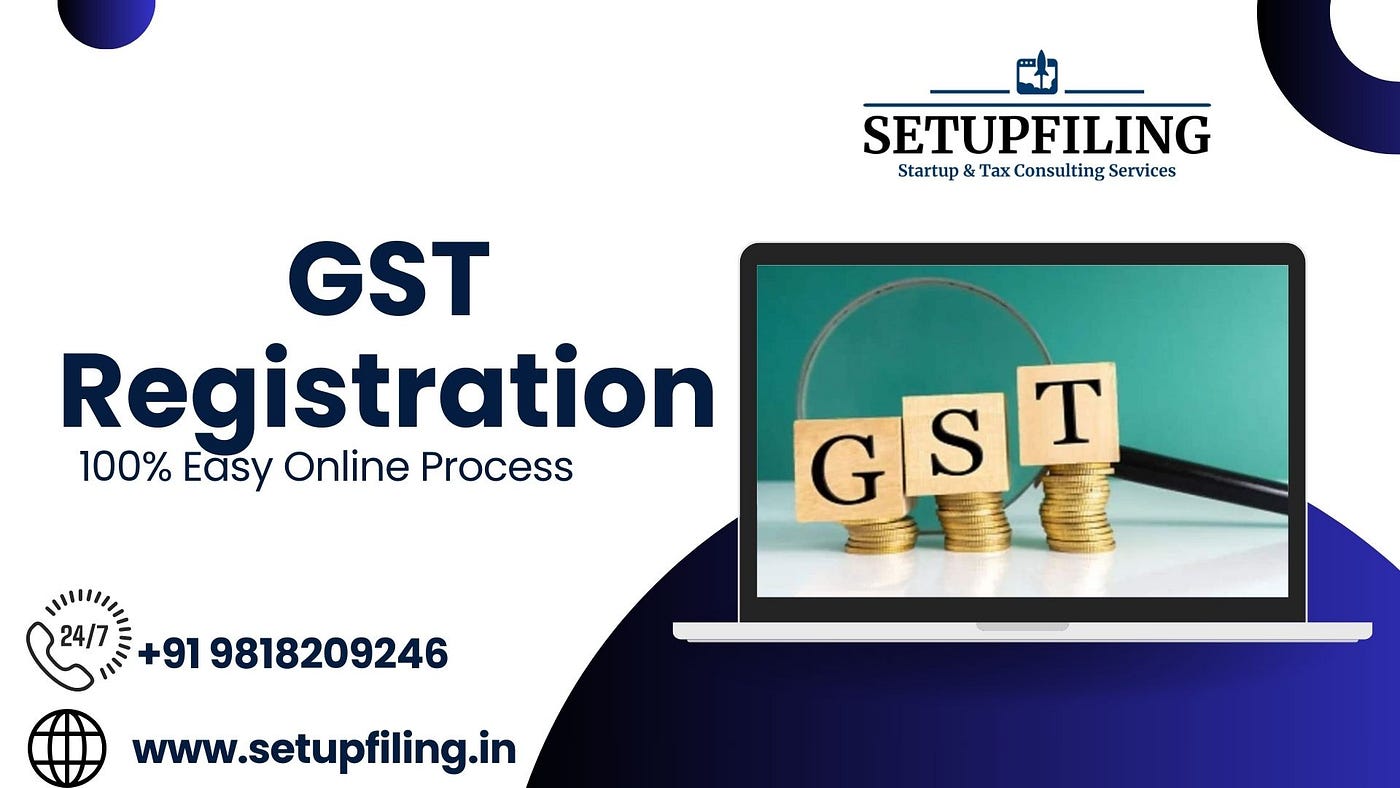Navigating the Intricacies of GST Registration: Expert Tips and Best Practices for Easier Compliance
From understanding enrollment requirements to using technological devices for structured procedures, the journey towards smoother GST conformity is complex and nuanced. Stay tuned to reveal crucial techniques and insights that can aid companies steer via the intricacies of GST registration with skill and self-confidence.
Understanding GST Enrollment Requirements

Along with turnover limits, businesses taking part in interstate sales or offering taxable solutions may likewise be called for to sign up for GST, also if their turnover is below the recommended limit (Singapore GST Registration). Understanding these requirements and limits is necessary to prevent fines and guarantee smooth procedures within the legal structure
In addition, businesses must collect and prepare the essential paperwork, such as proof of identity, address, business incorporation, and checking account details, prior to initiating the GST registration procedure. Falling short to supply exact information or fulfill the enrollment target dates can lead to fines or other lawful repercussions. Consequently, companies ought to remain informed regarding the details GST registration demands appropriate to their procedures to maintain compliance and stay clear of possible problems.
Organizing Necessary Documents
Companies getting started on the GST registration process have to carefully put together and arrange the essential documentation needed for submission. The key documents normally needed for GST enrollment consist of proof of organization enrollment or address, identification and incorporation proofs of business owners or partners, savings account details, evidence of major business, and consent types. Making sure that these records are readily available and arranged can improve the enrollment process and protect against beings rejected or hold-ups.
To properly arrange necessary documentation, companies ought to create a centralized system for keeping and classifying the called for documentation (Singapore GST Registration). Utilizing electronic storage space services can assist keep very easy gain access to and ensure that records are securely kept. Furthermore, developing a checklist of all needed records can act as a handy tool to track what has been collected and what is still required for entry

Leveraging Innovation for Effectiveness
Enhancing functional efficiency with technological assimilation is vital for modern services browsing the intricacies of GST registration. One of the key ways technology can help in GST registration is through the use of automated software remedies.
In addition, modern technology can help with smooth interaction with tax authorities. On-line sites and communication tools allow companies to submit papers, deal with queries, and obtain updates in a much more reliable manner. This not just accelerates the enrollment process however likewise aids in preserving reliable and clear communication with the relevant authorities.
In addition, cloud-based storage services give a protected system for services to store and accessibility article source their monetary information, guaranteeing compliance with GST record-keeping needs. By centralizing information storage and automating procedures, companies can boost their general performance and accuracy in GST registration treatments.
Proactive Conformity Surveillance

To make certain efficient proactive conformity surveillance, services need to develop durable inner controls, conduct routine audits, and leverage automation devices for real-time tracking of GST transactions. Routine training sessions for staff see this members on GST conformity requirements can also help in producing a culture of conformity within the organization. Additionally, involving with tax professionals or professionals can offer beneficial understandings and support on navigating complicated GST regulations.
Involving With Specialist Experts
Involving experienced tax obligation consultants can significantly bolster a company's understanding and conformity with elaborate GST policies. Expert consultants bring a wealth of expertise and experience to the table, helping companies browse the intricacies of GST registration effortlessly. By leveraging their competence, firms can guarantee exact filings, decrease the danger of errors, and remain updated with the current regulatory adjustments.
When involving with expert consultants, it is crucial to choose experts with a strong record in GST compliance (Singapore GST Registration). Look for professionals that have a deep understanding of the pertinent regulations and guidelines, as well as experience dealing with organizations in your industry. Reliable interaction is type in this collaboration, so ensure to clearly define your expectations and establish regular touchpoints to go over progression and resolve any kind of issues
Additionally, professional specialists can give valuable understandings and guidance on maximizing your tax obligation approach, recognizing potential cost-saving opportunities, and enhancing your conformity processes. Overall, buying expert working as a consultant services can go a lengthy method in ensuring smoother GST compliance and staying clear of costly errors.
Final Thought
To conclude, navigating the complexities of GST enrollment needs a thorough understanding of the demands, organization of vital documents, leveraging modern technology for effectiveness, aggressive conformity surveillance, my sources and involvement with expert professionals. By adhering to these finest methods, organizations can ensure smoother compliance with GST regulations and avoid possible fines or penalties. It is vital to stay educated, proactive, and diligent in managing GST enrollment to keep conformity and support economic integrity.
To make certain conformity with tax obligation laws, organizations should extensively recognize the intricate demands for GST registration. Item and Services Tax (GST) is a value-added tax levied on many items and services in a country, making it essential for organizations to sign up for GST to stay clear of lawful repercussions.Furthermore, services should collect and prepare the required documentation, such as proof of identity, address, organization incorporation, and financial institution account information, prior to initiating the GST enrollment procedure. Organizations must stay notified concerning the specific GST registration requirements applicable to their operations to keep compliance and stay clear of possible problems.
The vital files typically required for GST enrollment consist of proof of company registration or identification, unification and address evidence of the organization owners or partners, financial institution account details, proof of major place of company, and permission types.